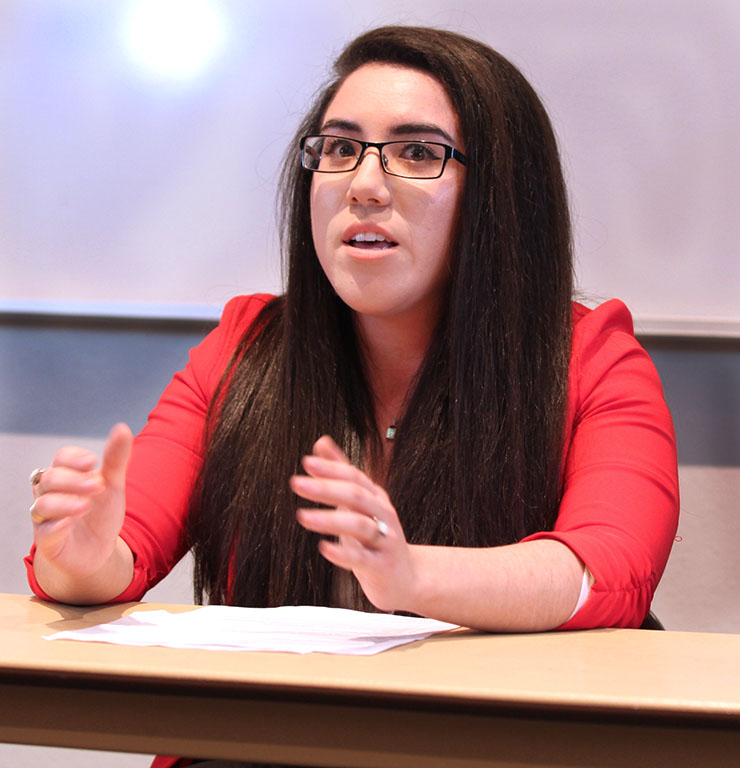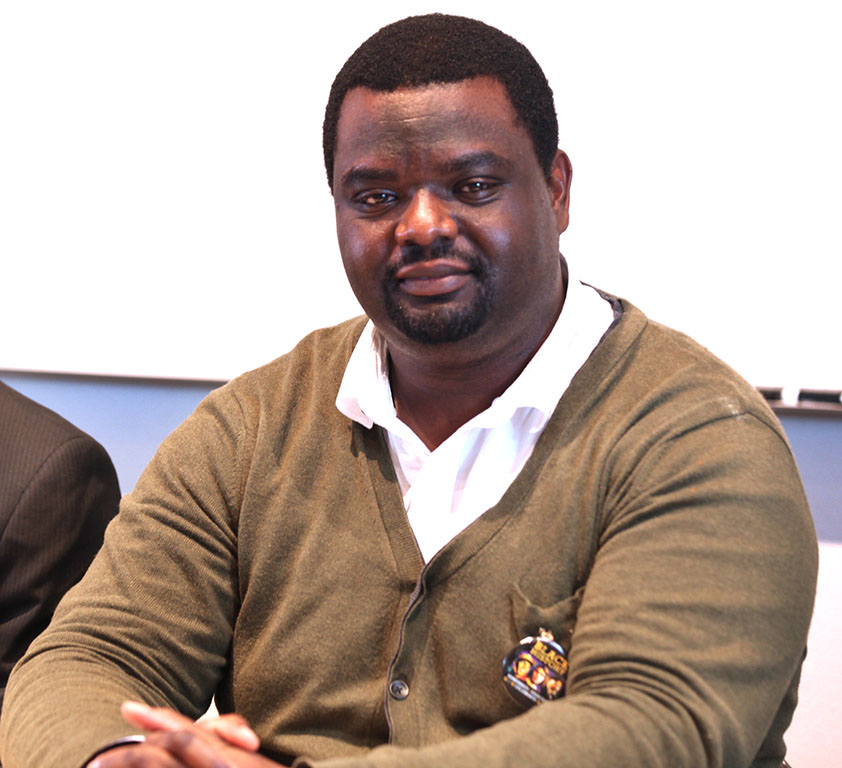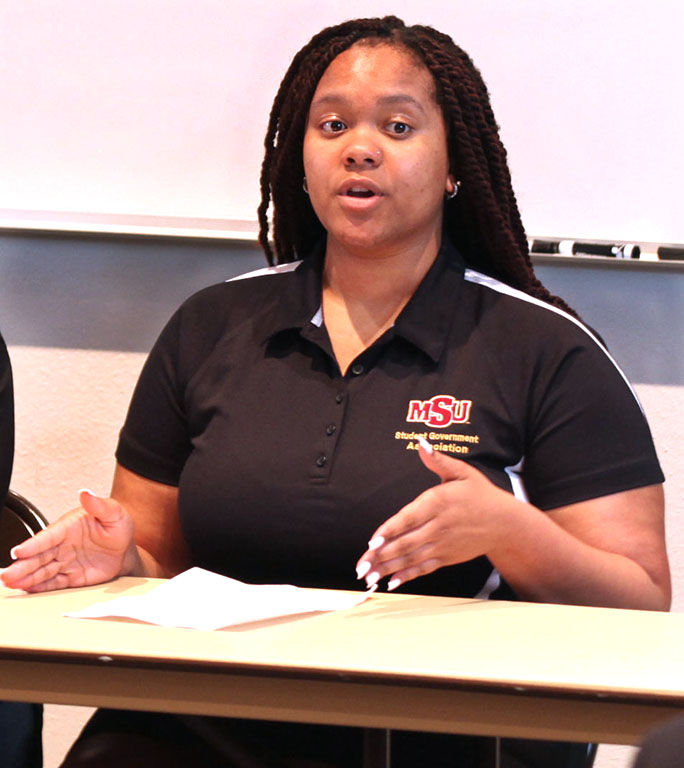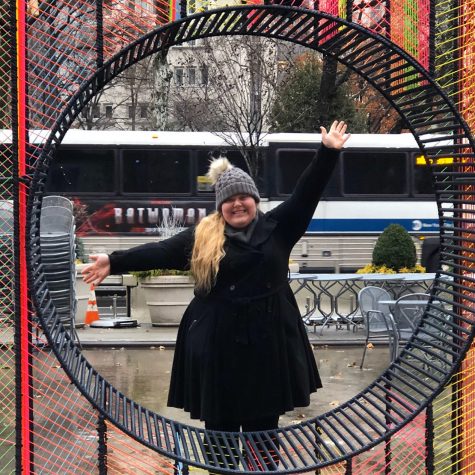
Students voted Maria Peña, political science junior, Damian De Silva, economics senior and Jaylon Williams, sociology junior, as the next student government association executives.
They will officially take office at the end of the spring 2017 semester.
Until then, officers Shayla Owens, president and management senior, Andrea Mendota-Lespron, vice president and English senior, and Manny Hoffmann, secretary and political science junior, will continue in their roles, and begin the transition to the new administration.
“We had a smooth election season, and all three candidates are very deserving of these positions,” Owens said. “They all worked hard and campaigned harder. I think the campus is in a good place with their student body executives and they will do a good job.”
According to Owens, she is on a search committee for the new provost and/or vice president for academic and student affairs, in addition to the introduction of SGA scholarships for the student body to utilize. With these tasks on hand, Owens has tailored the month of April for the transition of the new executives to ensure they are trained.
The election was moved earlier in the year to ensure a smooth transition, Owens said.
“They were pushed up because we wanted to make sure the executives had enough time with us so we can show them the outline for next year,” she said. “The current executives have a lot of knowledge and wisdom between us, and we hope we are able to give them that so they won’t be nervous or apprehensive going into their first few months.”
Once they take office, Peña, De Silva and Williams will work to recruit chairs for their committees, go to Board of Regents meetings and committee meetings throughout the university, discuss goals for the upcoming year and determine courses of action they will take to initiate a connection with the student body.

“Our student government is structured to represent and engage with organizations, and that’s what we should focus on: helping them flourish and start focusing on individuals to then move to the big picture,” Peña said. “I want to shift from a meeting setting and do more hands-on so they feel more engaged. I remember as a senator it got frustrating because I know that it sucks feeling like sitting here for an hour is all I can do.”
Engagement is a continuous theme SGA strives for, Peña said, and feels getting vocal will grow student involvement and in turn bring more attention to events on the campus.
Associate Vice President of Student Affairs Matthew Park, one of the advisers for SGA, said the participation in the elections are typically low at around 500 students, or with 5 percent of the student body.
According to the Chair of Board of Elections Samantha Treviño, psychology junior, this year’s turnout was about the same. Vice president had the most attention with 510 votes casted, while the president and secretary were both fewer than 500. With the new officers, Treviño said she hopes they are active enough to increase involvement campus wide.
“I was trying to get more people to vote, but there is only so much you can do to get people to participate,” she said. “We’ve always had the social media presence that we could reach people with, and social media is a good outlet, but I think it’s not reaching the number of people it used to. I’m hoping that these new executives will open SGA enough to where it includes everyone on campus.”

That direct involvement with participation sparked Williams’ interest in SGA initially, and she credits that as the stepping stone to reaching secretary. Once she realized she had won, Williams said she was relieved because “so much effort” was spent campaigning, and she will use that energy to finish this year strong.
“I’m looking forward to putting actions to the words I spoke during the debates,” Williams said. “One of the biggest things we talk about is retention, and students aren’t going to want to come back here if they don’t feel involved or connected to an organization. I feel like if you’re going to be in student government, you should also be involved in other organizations to use your connections to invite others into SGA, and they will see that this is an organization they want to be a part of.”
According to De Silva, the divisions between social groups is evident and caused him to emphasize unity during the debates. Inclusion will be one of his main goals to accomplish as vice president.
“The last several months we have seen divisions between people and ideas widening simply because of politics,” he said. “It all comes back to finding common ground, and I will start off with commonality and then move to where we differ and work from there. I can respect a person with an opposing mentality, and work with them to produce something beneficial to the community over all.”















